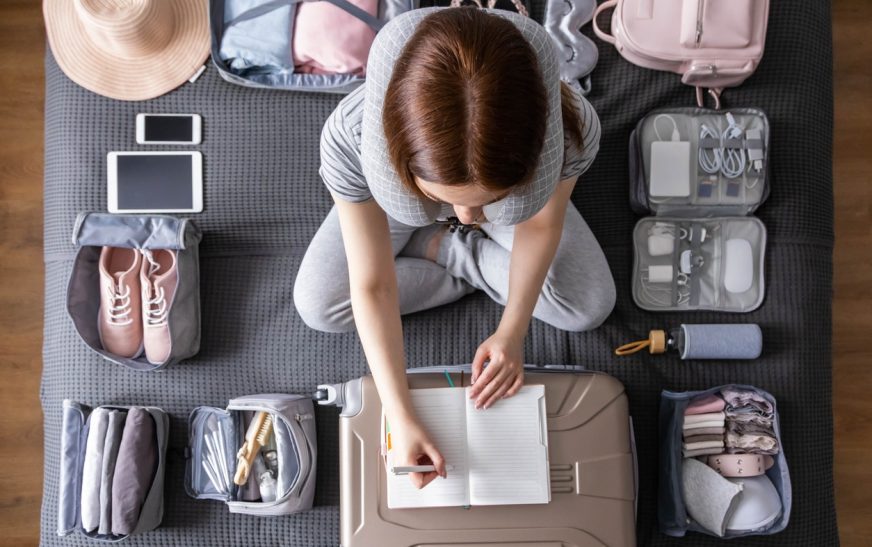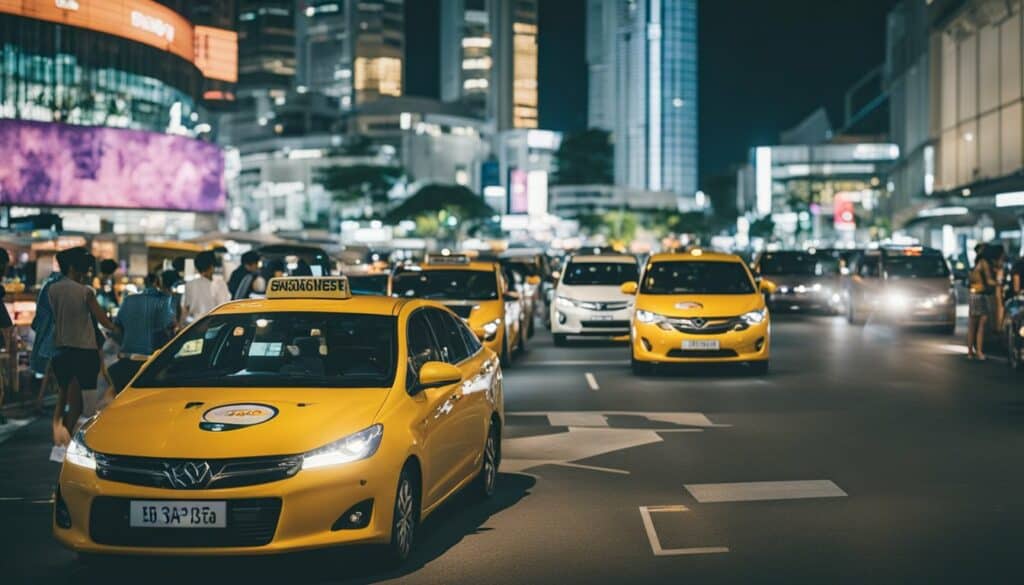Travelling is one of Singaporeans’ favourite pastimes—whether it’s a short weekend getaway to Johor Bahru or a two-week escape to Europe. But travel expenses can quickly add up. The good news? With a little strategy, you can stretch your dollar and still enjoy an unforgettable trip. Here are 10 smart travel hacks tailored for Singaporeans to help you save money and travel smarter.
Book Flights at the Right Time
Timing is everything when it comes to scoring cheaper airfares. For Singaporeans, the trick is to avoid peak travel periods like the June and December school holidays, Chinese New Year, and public holiday weekends.
Pro Tips:
- Use fare comparison sites like Skyscanner, Google Flights, and Hopper to track prices.
- Book flights on Tuesdays or Wednesdays when airlines often release promotions.
- Set fare alerts to monitor price drops for your desired destination.
- Fly during off-peak seasons like mid-January to March or September to early November.
Use Multi-Currency Cards and Travel E-Wallets
Paying in foreign currency with your standard Singapore credit or debit card often means extra charges for currency conversion and transaction fees. Avoid this by using multi-currency wallets.
Recommended Options for Singaporeans:
- Wise (formerly TransferWise): Great exchange rates and low fees.
- YouTrip: No foreign currency transaction fees and convenient app tracking.
- Revolut: Competitive rates, budgeting tools, and multi-currency support.
These options help you avoid hidden fees and give you better control over your travel spending.
Plan Your Trips Around Budget Airlines
Singapore is a hub for budget airlines like Scoot, AirAsia, Jetstar, and Firefly. These carriers often run flash sales and offer cheap flights across Asia.
Travel Hack:
- Follow these airlines on social media or subscribe to their newsletters for early access to deals.
- Try flying into secondary airports (e.g., Don Mueang in Bangkok or Haneda in Tokyo) that offer cheaper landing fees and shorter queues.
Just remember to check the fine print—some budget fares exclude luggage or meals, so pack light and bring your own snacks.
Maximise Long Weekends
Singapore’s calendar is dotted with long weekends, and with a little leave planning, you can extend your holiday without taking too many days off.
Smart Planning Tip:
- Combine public holidays like Good Friday, Hari Raya, or Deepavali with just 1 or 2 days of leave for a 4–5-day break.
- Travel to nearby destinations like Bali, Kuala Lumpur, Hanoi, or Siem Reap, which are just a few hours away.
Use apps like Time Off or TripIt to coordinate leave days with your travel plans efficiently.
Stay at Value-For-Money Accommodations
Accommodation can eat up a huge chunk of your travel budget. Instead of always defaulting to hotels, Singaporeans can consider:
- Hostels: Clean, safe, and sociable (great for solo travellers).
- Serviced apartments or Airbnb: Especially cost-effective for families or groups.
- Capsule hotels: Popular in Japan and South Korea—compact but affordable.
- Co-living spaces: Gaining traction for longer stays or remote work trips.
Before booking, read reviews on TripAdvisor, Booking.com, or Agoda. Also, sign up for loyalty programs to get discounts or perks like early check-ins or free breakfast.
Take Advantage of Free Attractions
You don’t need to blow your budget on expensive tourist attractions. Many cities offer free or low-cost experiences that are just as enriching.
Examples:
- London: Free entry to world-class museums like the British Museum and Natural History Museum.
- Tokyo: Explore temples, public parks, and street markets for free.
- Bangkok: Visit temples (some with small donations), or take a walk along Chatuchak Market.
- Sydney: Enjoy beach-hopping, coastal walks, and outdoor art installations.
Even within Singapore, look out for free walking tours, open gardens, or cultural festivals when travelling.
Use Local Transport and Tourist Passes
Instead of relying on taxis or expensive ride-hailing apps, embrace public transportation in your travel destination. It’s budget-friendly and gives you a real feel of local life.
Cost-Cutting Tips:
- Get tourist metro cards or transport passes for unlimited travel in cities like Seoul, Tokyo, or London.
- In countries like Thailand and Vietnam, tuk-tuks and buses are inexpensive alternatives.
- In Japan, opt for the JR Pass if you’re covering multiple cities by train—it may look pricey but offers significant savings in the long run.
Apps like Citymapper, Moovit, and Google Maps help you navigate unfamiliar public transport systems with ease.
Conclusion
Travelling doesn’t have to burn a hole in your wallet. With a bit of planning, the right tools, and some insider tips, Singaporeans can enjoy memorable vacations without overspending. From leveraging budget airlines and using multi-currency cards to choosing smart accommodations and utilising public transport, every dollar saved brings you closer to your next big adventure.
Whether you’re jetting off to Tokyo, taking a beach break in Bali, or exploring hidden gems in Europe, these hacks will help you travel better, smarter, and further—without breaking the bank.
FAQs
1. What’s the best time to book flights from Singapore to get the cheapest prices?
The sweet spot is typically 6–8 weeks before departure, especially for international flights. Booking on Tuesday afternoons or Wednesday mornings also tends to yield cheaper prices. Avoid booking during Singapore school holidays if possible.
2. Are budget airlines safe for long-distance travel?
Yes, budget airlines are generally safe and follow international aviation standards. However, comfort and services may be limited, so bring your own entertainment, snacks, and travel pillow if you’re on a longer flight.
3. Can I use my Singapore credit card overseas without getting charged extra fees?
You can, but most banks charge foreign currency conversion fees (often around 3%). To avoid this, opt for multi-currency cards like YouTrip, Revolut, or Wise that offer better exchange rates and lower (or no) fees.
4. What are the best travel apps for Singaporeans?
Some must-haves include:
- Klook: For activity bookings with Singapore-dollar payments.
- Google Translate: For navigating foreign languages.
- Hopper: To monitor flight prices.
- Citymapper: For public transport directions.
- Wise/YouTrip: For money exchange and budgeting.
5. How can I avoid roaming charges while travelling?
Use eSIMs (e.g., Airalo, Nomad) or get a local SIM card at your destination. Alternatively, some Singapore telcos like GOMO or Singtel offer affordable travel data plans. Just make sure to disable background data and auto-sync on your phone to reduce usage.
Also read: The Stans Countries: Discover Central Asia’s Hidden Gems










